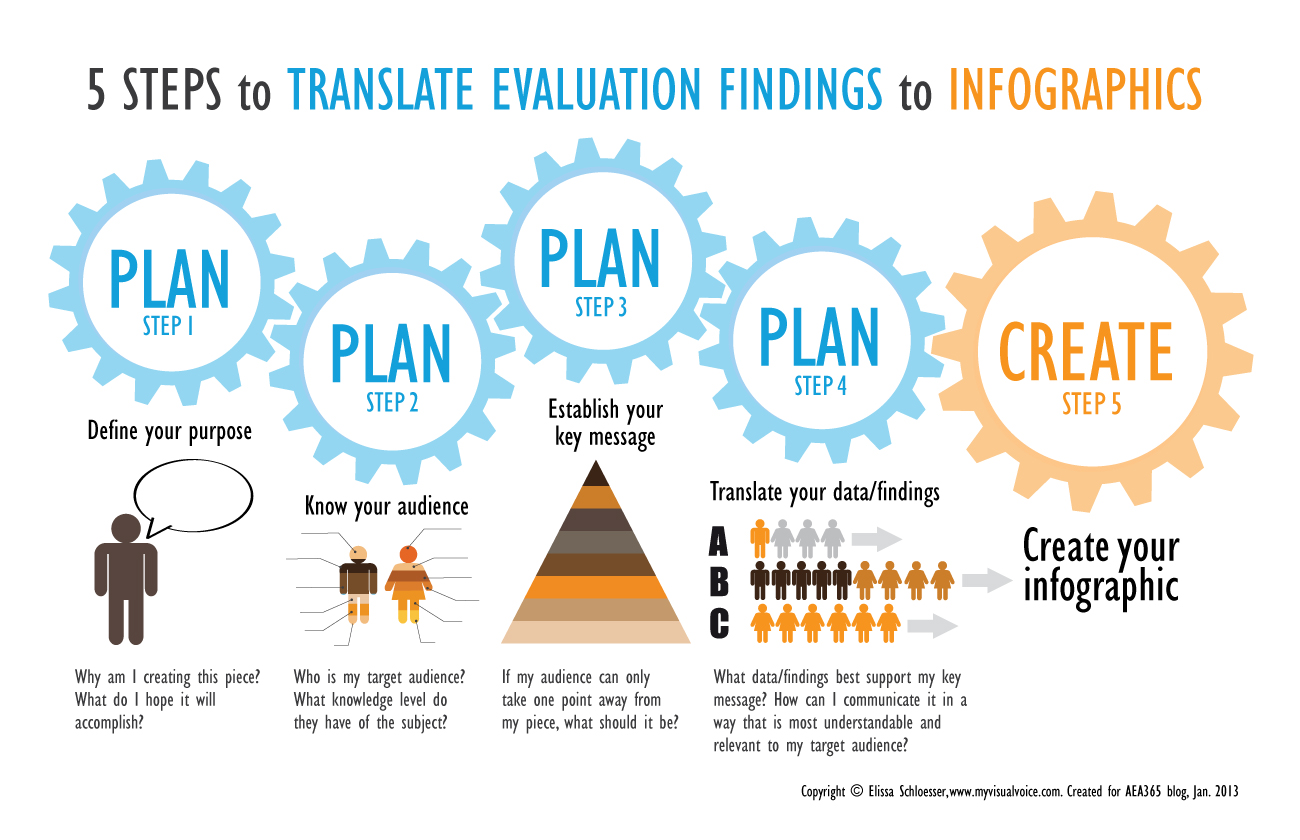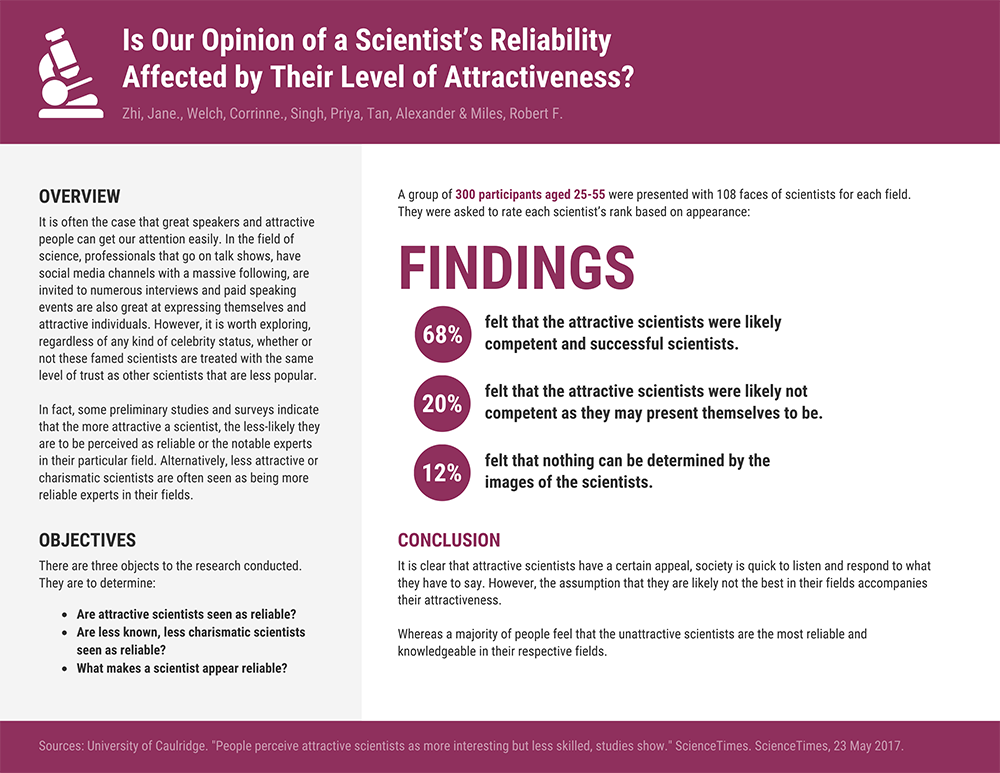


His areas of expertise were in infant–caregiver relationships, infant dependency and infant needs, and social deprivation and isolation. Harry Harlow was trained as a psychologist, and in 1930 he was employed at the University of Wisconsin–Madison. Ethical Considerations of Harlow’s Experiments.Its Connection to Love and Attachment Theory.Three Fascinating Findings & Their Implications.These detailed, science-based exercises will help you or your clients build healthy, life-enriching relationships.
#FINDINGS DOWNLOAD#
However, knowing this, the findings of his research do provide insight into the important mammalian bond that exists between infant and parent.īefore you continue, we thought you might like to download our three Positive Relationships Exercises for free. Nowadays, his experiments are considered unethical and would most likely not satisfy the requirements of an ethical board.

We’ll also look at some of the broader research that resulted from Harlow’s experiments.īefore we begin, I have to warn you that Harlow’s experiments are distressing and can be upsetting. In this post, we’ll briefly explore attachment theory by looking at Harlow’s monkey experiments and how those findings relate to human behavior and attachment styles. When that need is met, the infant develops a secure attachment style however, when that need is not met, the infant can develop an attachment disorder. Attachment theory refers to the idea that an infant is born with the biological need to have contact with their primary caregiver in the first few months of their life (Colman, 2001).


 0 kommentar(er)
0 kommentar(er)
